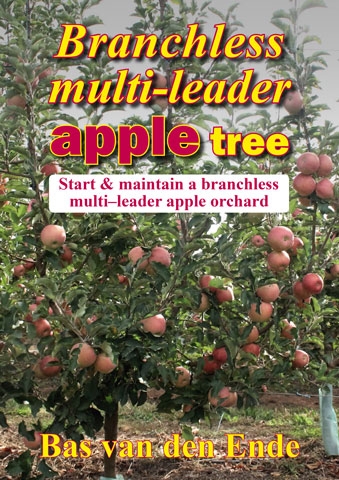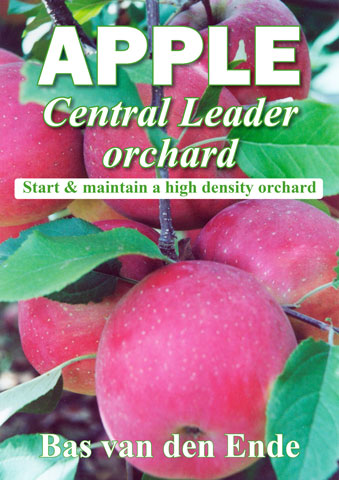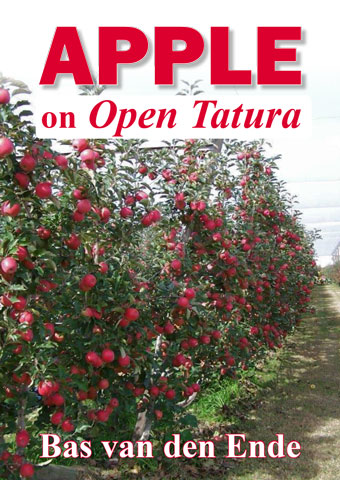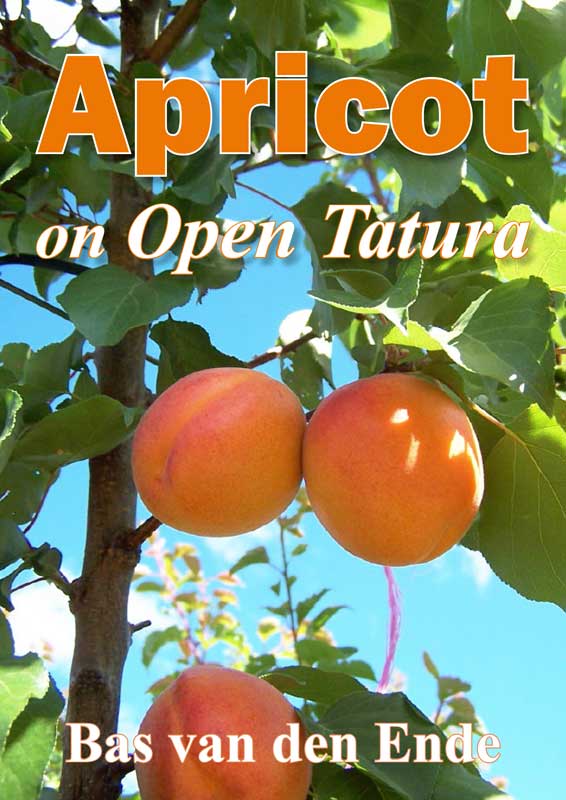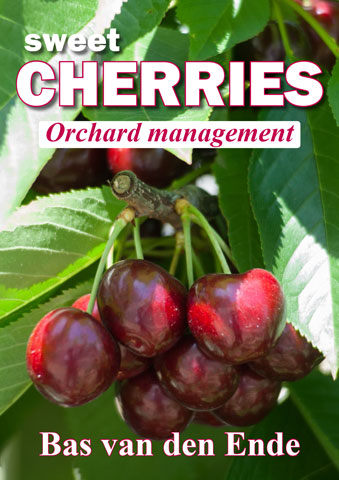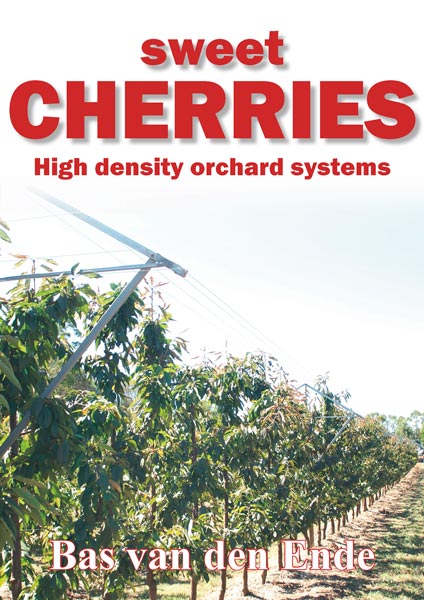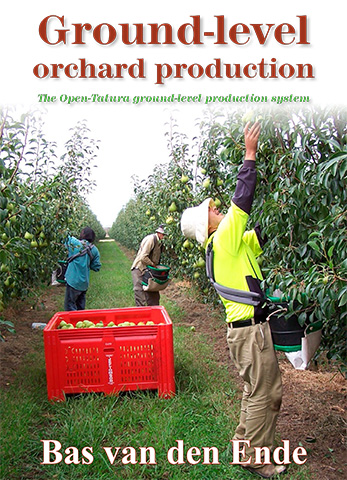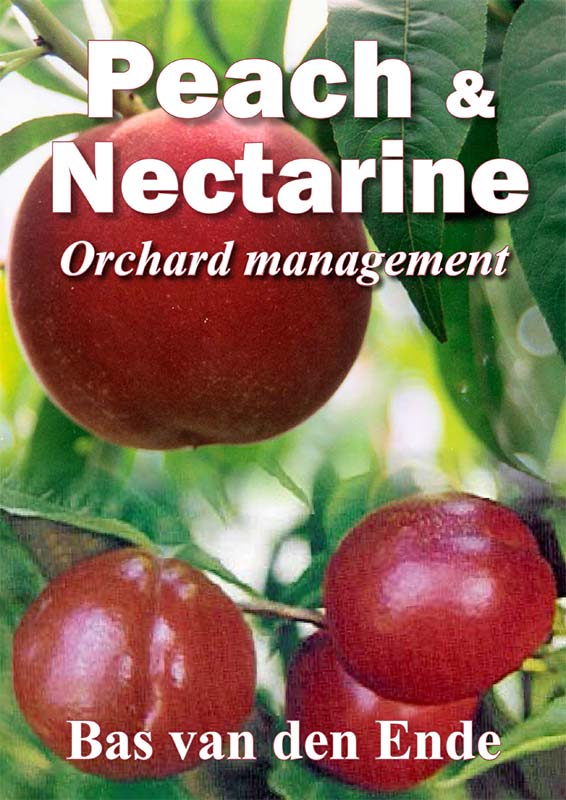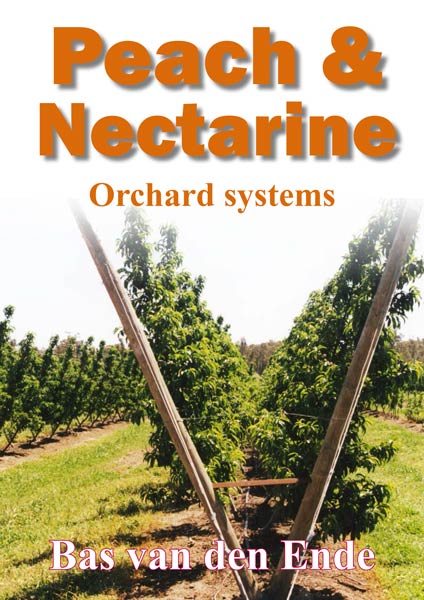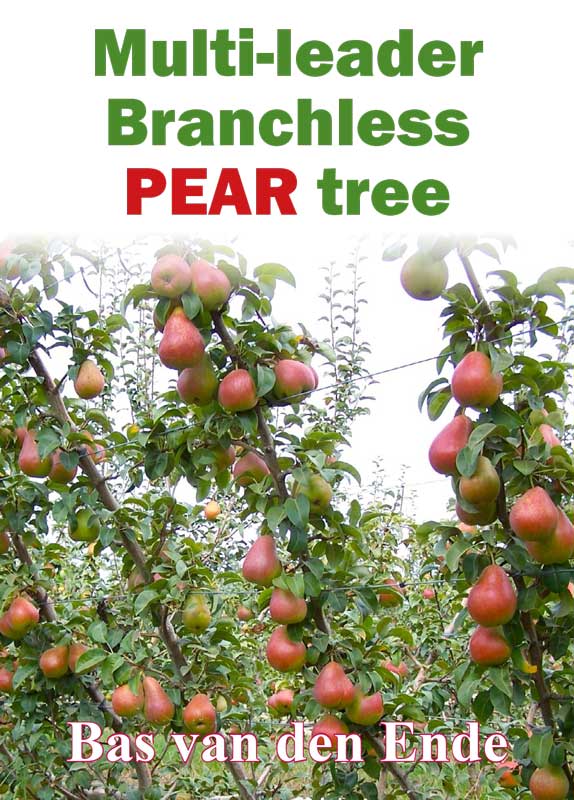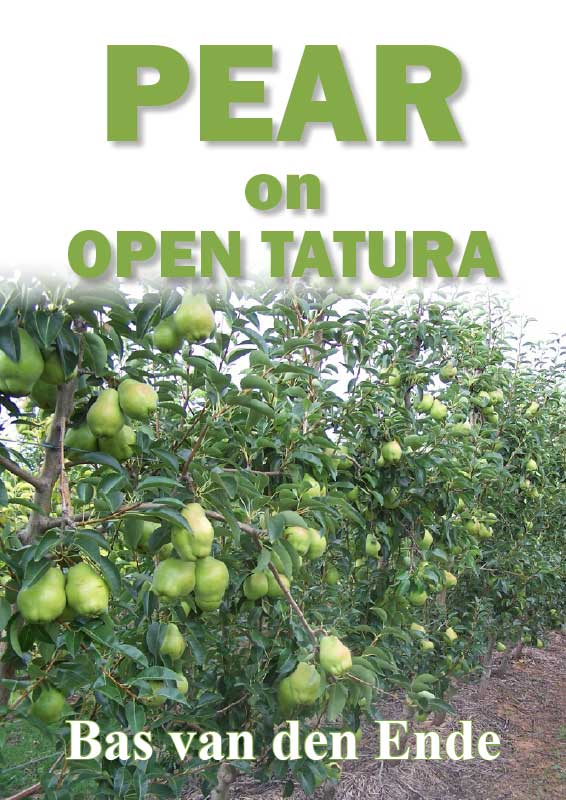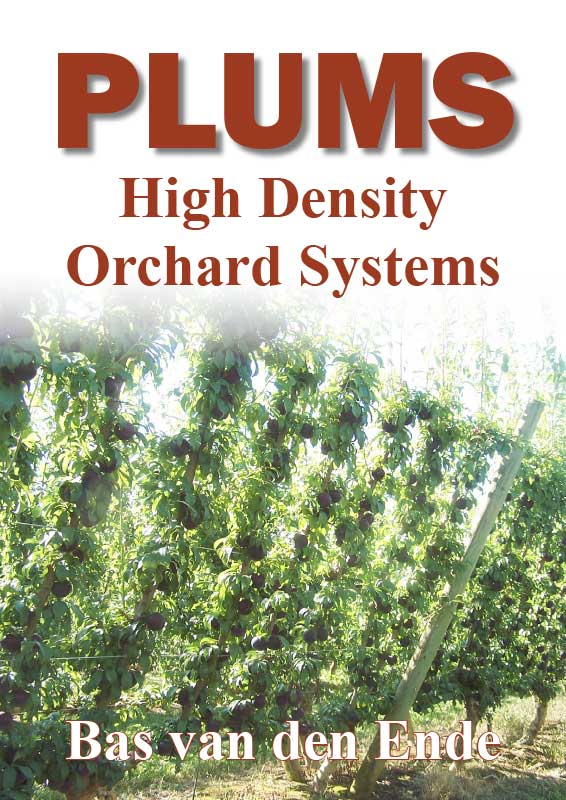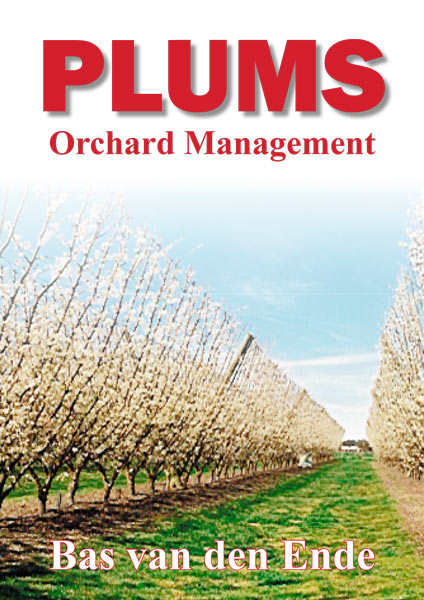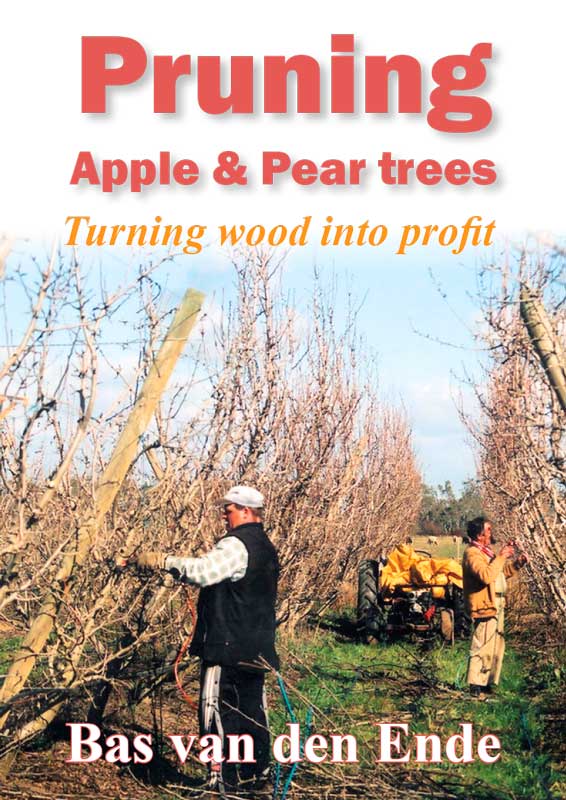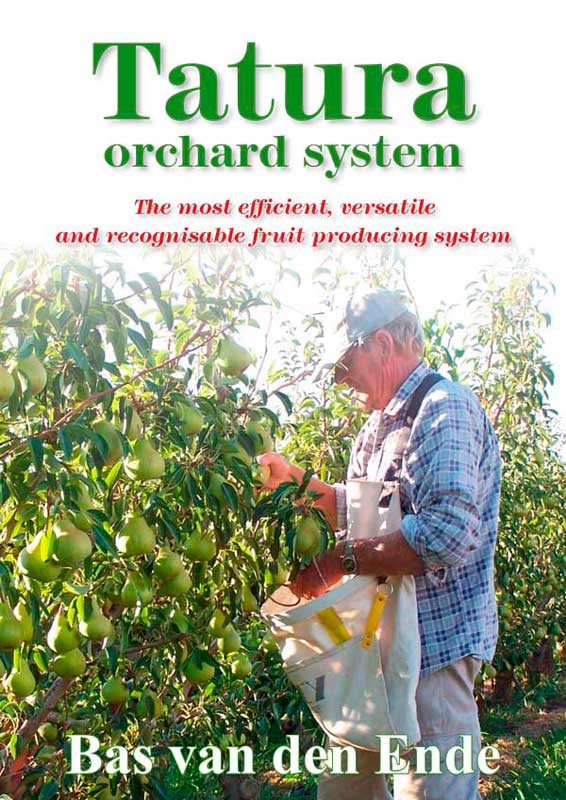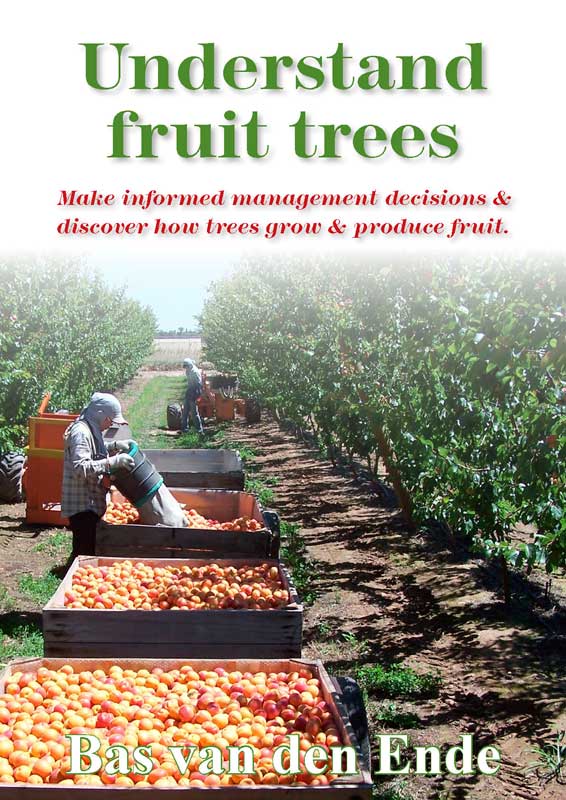One of the most commonly heard criticisms of quality assurance in the fresh produce sector, is the duplication of systems or standards that an individual business may face when supplying more than one major customer.
Whilst the systems/standards may be almost identical in content, the fact that no one system is accepted by all customers usually results in extended audit time, extended reporting time and significant additional costs.
Certification bodies try to equip their auditors to deal with this duplication, but for large producers, supplying several of the major retail chains and/or food service providers, the duplication in compliance is often a costly, time consuming nightmare.
It’s not uncommon for a business to have to demonstrate compliance to five separate, yet similar standards.
QA Harmonisation Initiative
The QA Harmonisation project (currently funded by Horticulture Australia Limited) is seeking to address this issue for the fresh produce industry.
The project is focused upon system equivalence. The aim is to gain agreement from all stakeholders in Australia (grocery retailers and the Quick Service Restaurants sector) to accept multiple systems as equivalent in meeting their needs—or a similar solution that will enable growers to only complete a single audit against a single standard, rather than several audits against multiple standards, as is the case currently.
The project has the support of the five biggest grocery retailers in Australia: Coles, Woolworths, ALDI, Costco and IGA; as well as McDonald’s Australia who are representing the QSR sector.
It is estimated that the fresh produce market share covered by these businesses is approximately 70 per cent of the total Australian market.
In addition, the Australian Food and Grocery Council (AFGC) and the Australian Consumer and Competition Commission (ACCC) have been engaged and are extremely supportive of the project.
Potential solutions
The project has identified a number of potential solutions that could be implemented in order to harmonize the requirements of all stakeholders.
These options were presented to the stakeholders and the preferred solution was that, all retailers accept a suite of certification standards that have been benchmarked against the Global Food Safety Initiative (GFSI) as a framework.
The key themes that all stakeholders raised as being essential in order to achieve acceptance to a harmonized QA standard included:
- The scope should be Food Safety, and Regulation be HACCP based and include ‘quality’ only in a generic capacity (e.g. suppliers must meet the specification of their customers, but the standard should not actually state what these specifications are since quality is a differentiator for retailers and QSR and will be customer specific)
- GFSI benchmarked
- Include New Zealand and Australia
- Include whole and minimally processed produce
- The standard should be risk-based
- Allow ‘bolt-on requirements’ for individual customers if absolutely necessary, but aim to achieve the maximum level of harmonization and minimise the ‘bolt-on’ elements
- Encompass terms of Certification Body engagement
- Include an Auditor Registration system, to ensure auditor competency (i.e. ensure appropriate auditors with specific fresh produce experience conduct the audits).
The next stage of the project is to further develop and implement this solution, and other associated requirements.
If QA Harmonisation can be achieved, it will be a global first. In the words of a key stakeholder, this will “position horticulture in Australia as a best-practice industry that is actively taking a leadership position that other sectors should follow”.
Impact on grower businesses
continued next month
For information see Tree Fruit March 2014
